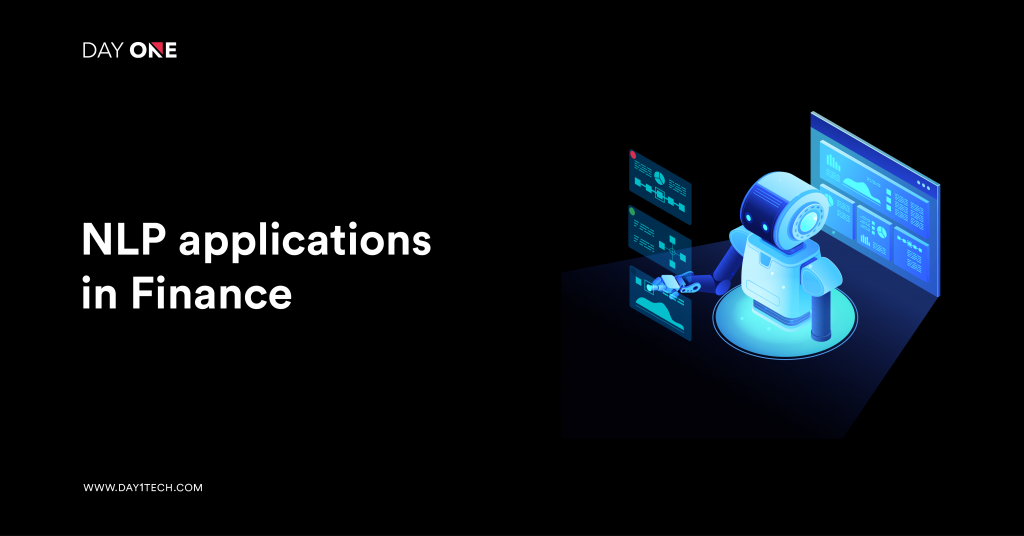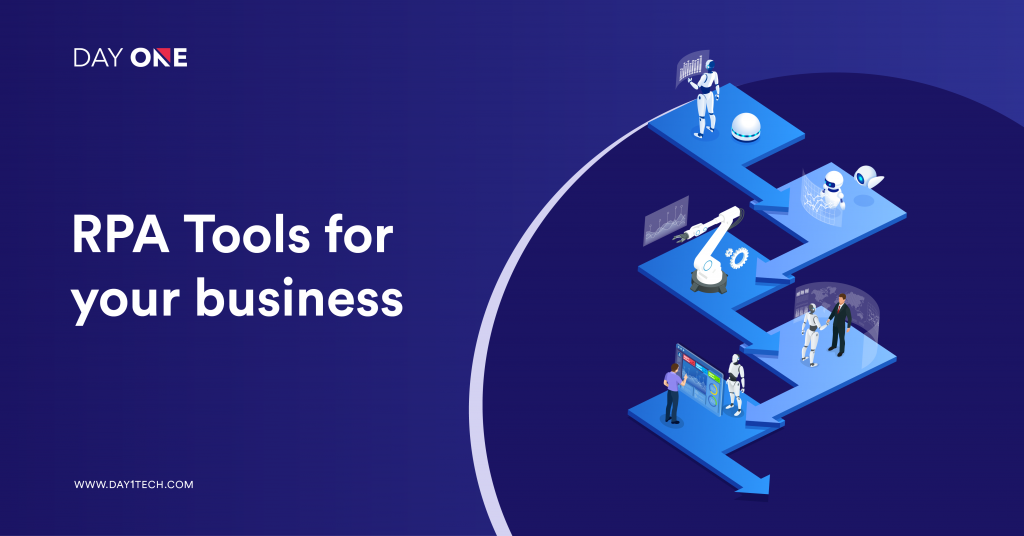Artificial Intelligence Knows When You Feel Lonely, By Just Listening To You
admin
Artificial Intelligence
March 31, 2022
4 min read
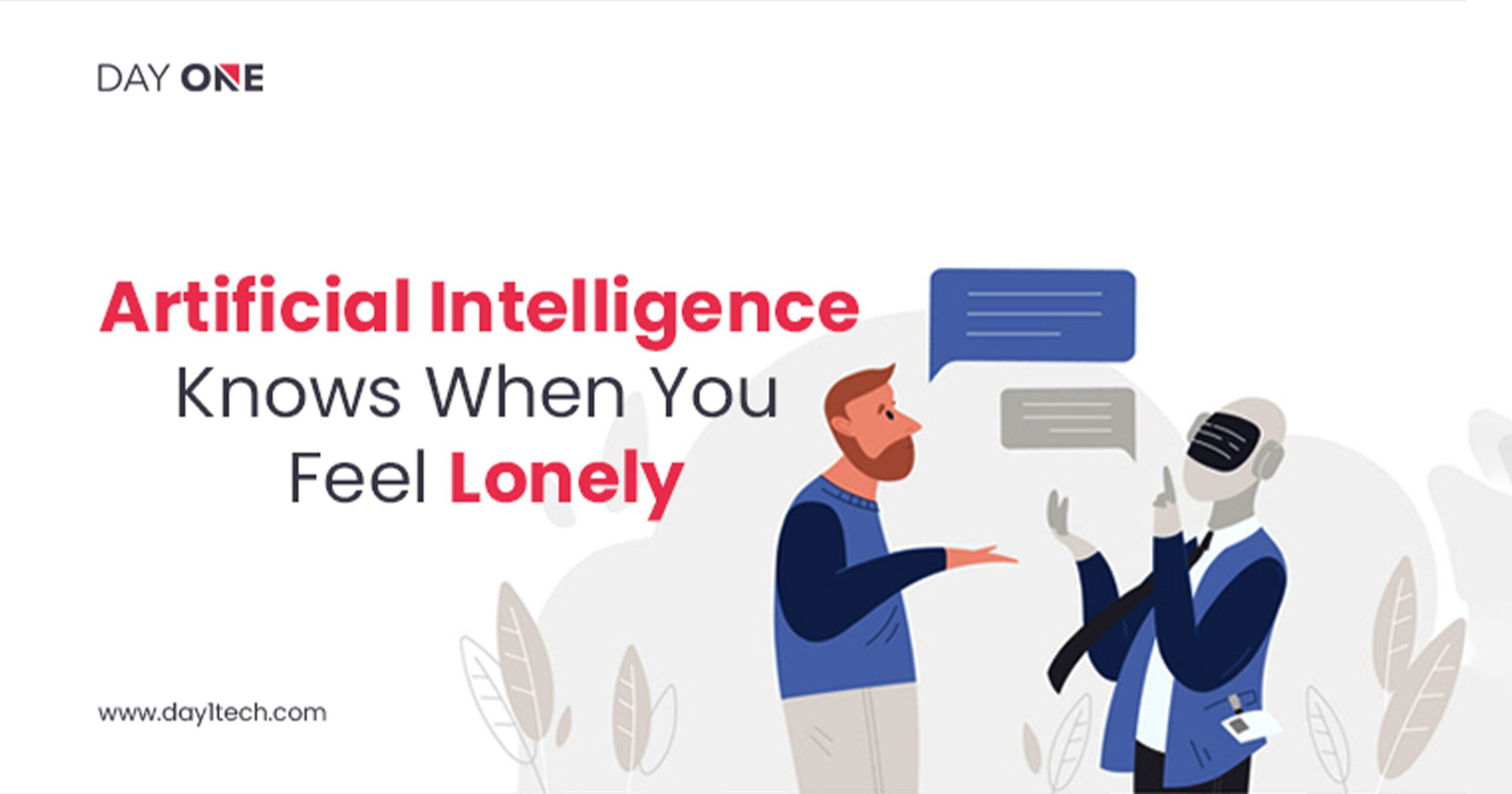
Today, communication is being increasingly filtered through digital media. Instead of interacting in a face-to-face conversation, we send emails and chat messages. We prefer to browse through online shops and if we encounter any problems there, we message chatbots. This filter is not always beneficial – all too often, the communication is distorted, questions are misinterpreted, and frustration grows as a result.
But what if the technology that sometimes hampers our communication could actually help to optimize it? Researchers are optimistic that emotional AI will do just that in the future. Robots with emotions can master complex tasks better. But how do machines learn to read emotions, and what opportunities does emotion AI open up in the business world?
New AI technologies are learning and recognizing human emotions, and using that knowledge to improve everything from marketing campaigns to health care. Researchers at the University of California San Diego School of Medicine have developed a new proof of concept study which shows that AI is also capable of predicting levels of loneliness by just listening to people speak with 94% accuracy.
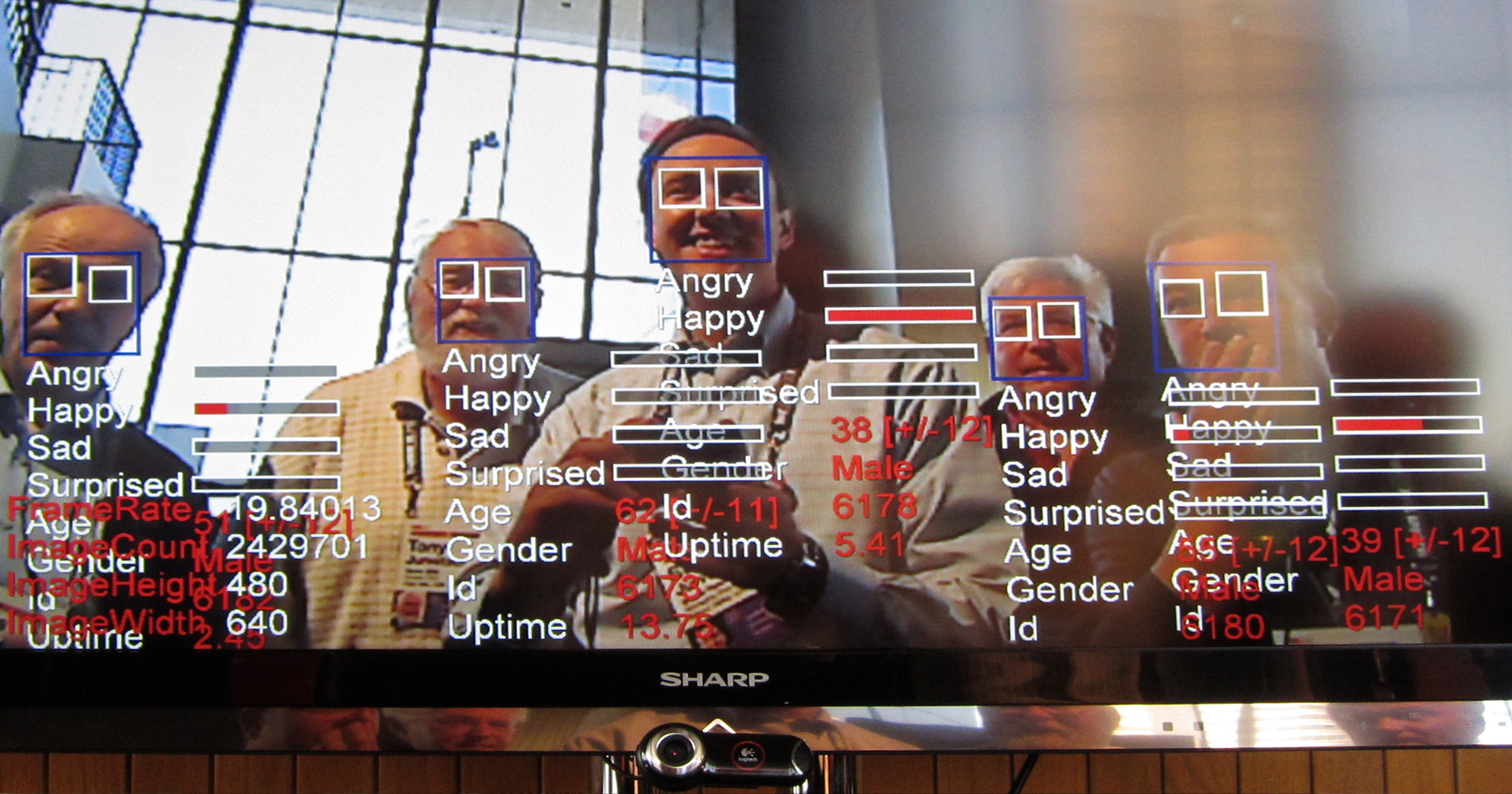
“While humans might currently have the upper hand on reading emotions, machines are gaining ground using their own strengths. AI and machine learning models are very good at analyzing large amounts of data”, says Erik Brynjolfsson, Professor at MIT Sloan.
AI can listen to voice inflections and start to recognize when those inflections correlate with stress or anger. Machines can analyze images and pick up subtleties in micro-expressions on humans’ faces that might happen even too fast for a person to recognize.
What is Emotion AI?
Emotion AI is a subset of artificial intelligence that measures, understands, simulates, and reacts to human emotions. It’s also known as affective computing or artificial emotional intelligence.

Machines with this kind of emotional intelligence are able to understand not only the cognitive but also the emotive channels of human communication. It enables them to detect, interpret, and respond appropriately to both verbal and nonverbal signals.
A lot of work is being put into imparting an emotional understanding to machines. Machine learning and deep learning are especially relevant in this respect. Along with these technologies, images and speech recognition systems are used as input for the machines. With all these technologies, machines learn how to recognize and interpret a smile or change in tone of voice, for instance: Is it a happy or sad smile? Does it make the current situation better or worse than before?
However, researchers are also working with parameters such as skin temperature and heart rate, which, among other things, are practical for developing wearables that are as smart as possible.
The Enormous Potential of Emotion AI

Emotions have an enormous influence on our behavior. That can in fact especially be seen along the customer journey from a marketing perspective. When customers have positive emotional associations with a brand, they are much more likely to be loyal to it than if the evoked associations are detached or even negative.
Therefore, if brands want to improve the customer experience, they need a system that doesn’t work on the basis of purely rational intelligence but is also able to
Learn from every interaction.
Understand both the cognitive and emotive pathways of human communication.
Sense intentions.
Distinguish between literal and non-literal statements.
Advantages of Emotional AI
The benefits of emotional AI include personalization, especially in the corporate and health care sector where user experiences are subjective.
In medicine, bots keep track of a patient’s wellbeing in addition to reminding them to take medication. AI-powered apps can help doctors to diagnose depression and dementia through voice analysis.
In the workplace, AI in the form of chatbots is said to provide unbiased and quick assistance to an employee. Several studies indicate that more than 90% of employees in Asia are more open to speaking to robots about their mental health than their managers.
Disadvantages of Emotional AI
The use of AI in tracking human emotions has been criticized, with the bias being the top concern. Because of the subjective nature of emotions, emotional AI is especially prone to bias. For instance, a study found that emotional analysis technology assigns more negative emotions to people of certain ethnicities than to others.
AI is often also not sophisticated enough to understand cultural differences in expressing and reading emotions, making it harder to draw accurate conclusions. For instance, a smile might mean one thing in Germany and another in Japan. Confusing these meanings can lead businesses to make wrong decisions. according to Harvard Business Review.
What’s Next?
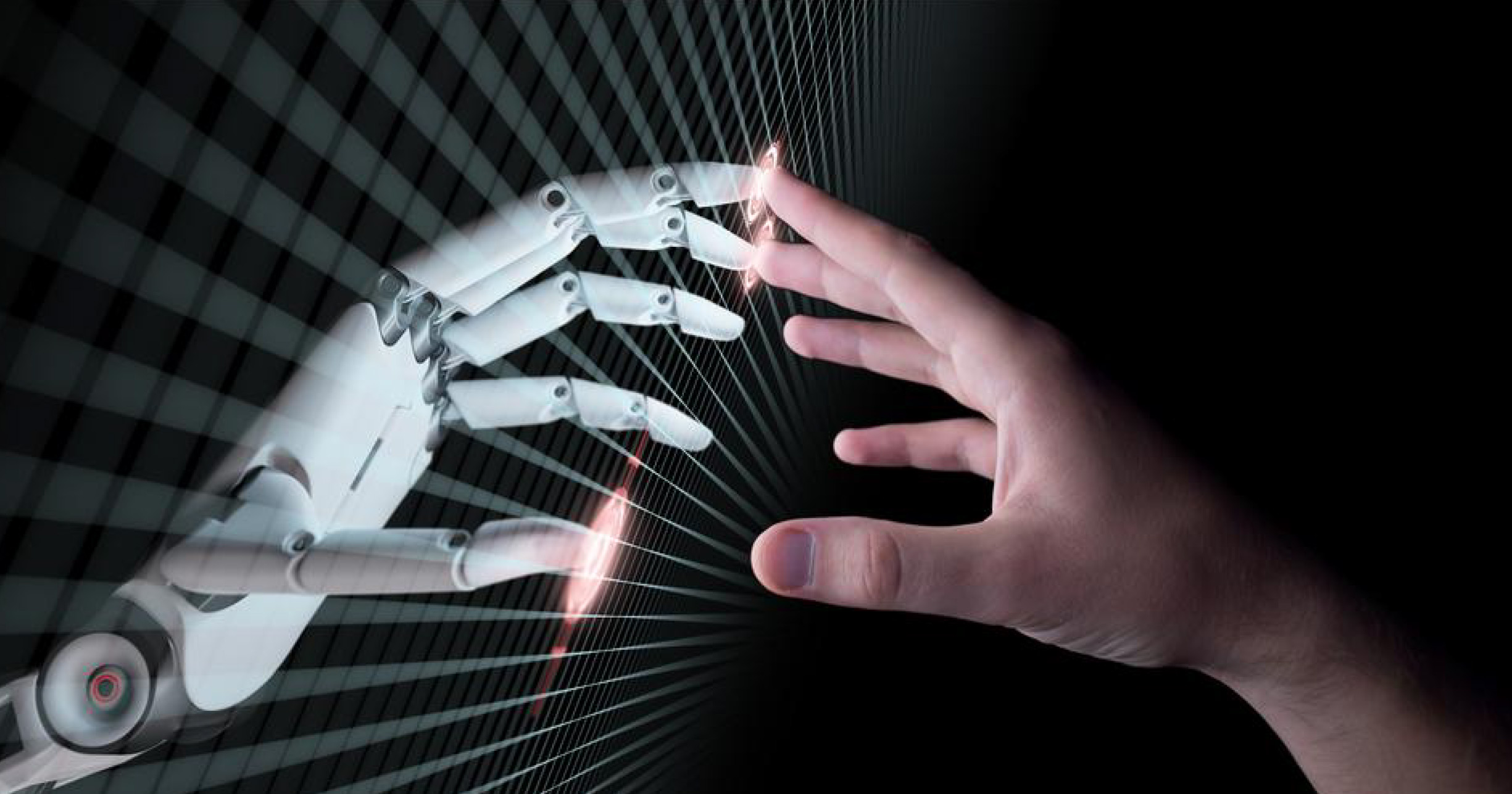
Emotion AI is a valuable marketing tool with enormous potential for optimizing customer relationships. As more and more companies incorporate emotional AI in their operations and products, it’s going to be imperative that they are aware of the potential for bias to creep in and that they actively work to prevent it. Emotion detection and recognition not only improve human and computer interfaces, but also enhance the feedback mechanism actions taken by computers from the users.
Companies will also need to be vigilant about not perpetuating historical biases when training emotional AI. While historical data might be used as a basis to train AI on different emotional states, real-time, live data will be needed for context.
Final Thoughts
To sum up, emotional AI will be a powerful tool indeed, forcing businesses to reconsider their relationships with consumers and employees alike. It will not only offer new metrics to understand people but will also redefine products as we know them. But as businesses foray into the world of emotional intelligence, the need to prevent biases from seeping in will be essential.
Explore More Blogs
Testimonials What customers have to talk about us
Finch (previously Trio) – Growth with Investing, with benefits of Checking
Reading Time: < 1 minThe Finch (previously Trio), one of our clients today has reached this level with our expertise and with a great team of developers in Day One, who have made every stone unturned in making this project a big success.
Neel Ganu Founder
USA
Vere360 – VR based Immersive Learning
Reading Time: < 1 minDay One helped Vere360 “fill skill gaps” and build a platform that would cater to their niche and diverse audience while seamlessly integrate the best of #AI and #VR technology.
Ms. Adila Sayyed Co-Founder
Singapore
1TAM – Video Blogging Reimagined
Reading Time: < 1 min‘1TAM’ was only for iOS with gesture-based controls, advanced video compression techniques, and a simple architecture that allowed actions to be completed in 2-3 taps. The real challenge for ‘1TAM’ was to keep it distinct which bought brilliant results with all the strategies and approaches implied for best video compression techniques.
Anwar Nusseibeh Founder
UAE
Fit For Work – The Science of Workplace Ergonomics
Reading Time: < 1 minDay One Technologies came with the expertise that was required and helped in building a platform that is edgy, functional, and smart, delivering engagement and conversions at every step.
Ms. Georgina Hannigan Founder
Singapore
SOS Method Meditation for ‘Busy Minds’
Reading Time: < 1 minDay One Technologies helped in building an innovative mobile app (for #iOS and #Android) that’s easy-to-use, engaging, and data-driven to help users reap the most at every point.




